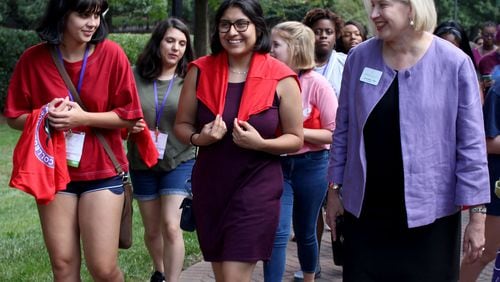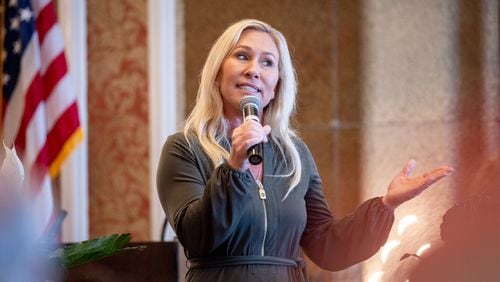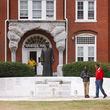For the last two weeks, education reporters like myself have been flooded with emails by colleges and universities promoting how their schools fared on this year's edition of the much anticipated U.S. News & World Report college rankings.
The publication ranks everything from the best schools for new students to the top business schools and the most innovative schools. Some Atlanta-area schools fared quite well, even topping some categories in the rankings.
In addition to U.S. News, there have been rankings since August by Washington Monthly, The Wall Street Journal, Money Magazine, The Princeton Review and many others. Sorry for any we missed.
So, how useful are these rankings for students? Not very, some experts say.
Stanford University, located near California’s wine country, is typically near the top of most national rankings, but a team of researchers from its Graduate School of Education released a paper nearly a year ago that concluded the rankings are nothing to toast about.
“We find that many of the metrics used in these rankings are weighted arbitrarily and are not accurate indicators of a college’s quality or positive outcomes for students,” the researchers found.
Publications often use the same statistics to determine which schools are best, such as graduation rates or the percentage of high school students accepted to attend their school. Some use different categories, like student-faculty ratio, alumni giving or predicted median earnings.
The top schools on most lists are typically the same: Harvard, Yale, MIT, Princeton and, yes, Stanford. The top 19 schools on U.S. News’ national universities list are all private schools. Emory University is usually the top Georgia school on national lists, ranked 21st by U.S. News and 22nd by the Wall Street Journal.
Some rankings can be problematic. The publications rely solely on the schools for some of the data. Some information, as Forbes senior contributor Christopher Rim noted, can be incorrect. In 2012, Emory said it knowingly provided false data for at least decade that was used by some publications.
The publications, facing criticism that their rankings are biased, have added new categories in recent years, such as which schools offer the best value. But even determining how much it costs to attend some schools can be hard to decipher, some experts say.
So what’s the smartest way to determine what’s the best fit for a student? It’s about engagement, the ability of students to feel comfortable on campus and find their way, researchers say. Class size, they say, doesn’t completely matter.
What’s more important are finding good mentors, working on projects through several semesters, professors excited about learning, and productive internships.
The researchers recommended that students choose colleges that offer them opportunities to “participate fully in academic, civic, and social life in order to thrive both during the college years and beyond.”
“Individual student characteristics (such as background, major, ambition) may make more of a difference in terms of post-college outcomes than the institutions themselves,” the researchers wrote.
Back to this debate when next year’s rankings are released.







